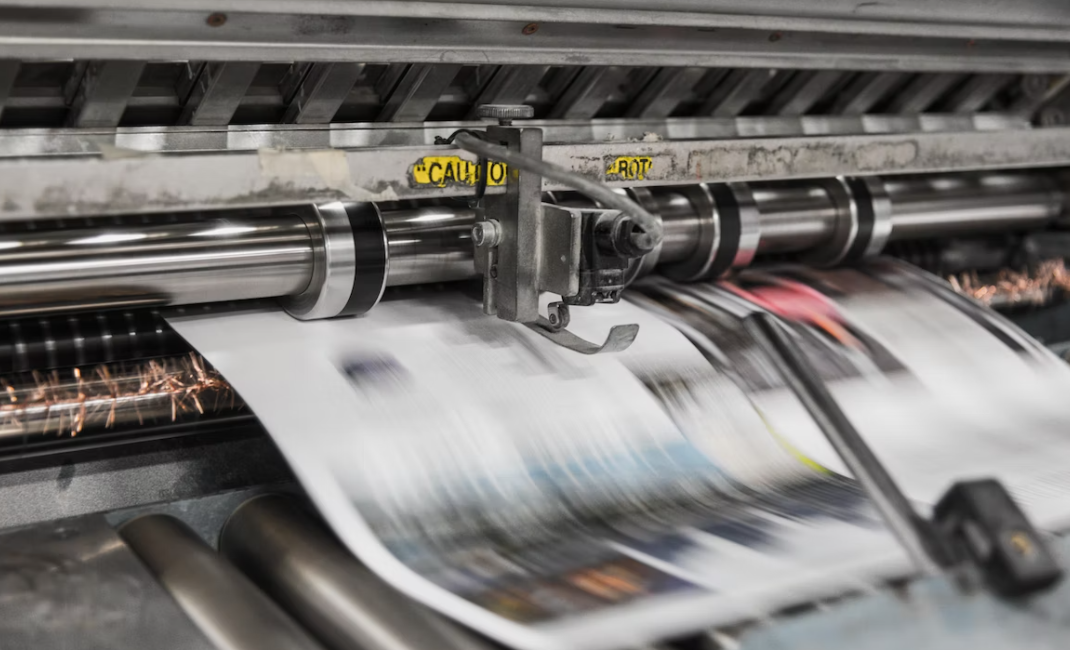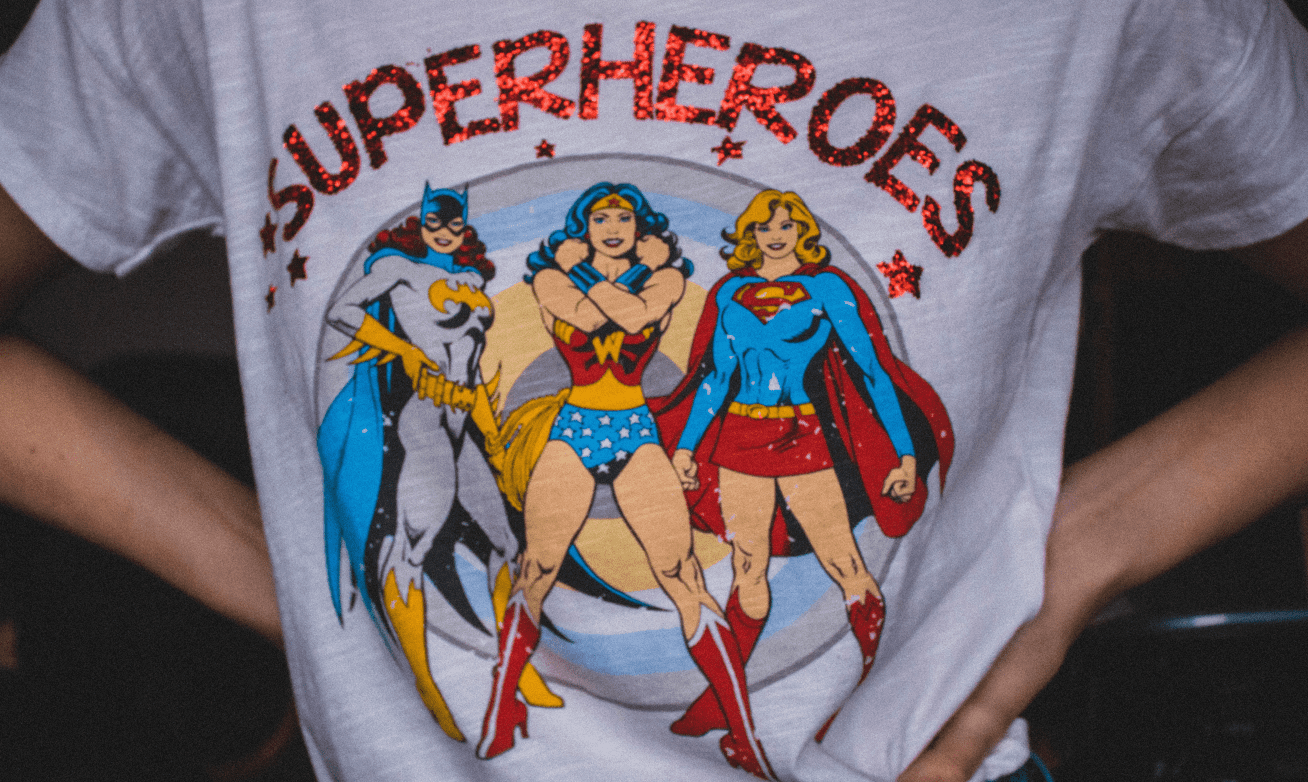Our collection
Find what you are looking for
Discover our premium and sustainable products collection.
Embroidery: a word that conjures up images of intricate patterns, vibrant threads, and a touch of elegance. But what exactly is embroidery, and why has it captivated the hearts of crafters and fashion enthusiasts for centuries? Whether you’re a seasoned stitcher or a curious beginner, this comprehensive guide will unravel the art of embroidery, exploring its techniques, materials, and designs that will leave you itching to pick up a needle and thread.
Embroidery, put, is the art of decorating fabric with needle and thread. Dating back thousands of years, it has adorned garments, tapestries, and household items across different cultures and civilizations. From delicate handkerchiefs to majestic tapestries, embroidery has always expressed creativity, skill, and personal style.
So, what are the techniques that bring these embroidered wonders to life? Let’s dive in!
Hand embroidery is where it all began. This technique involves using a needle and thread to create beautiful designs on fabric. With stitches like the backstitch, satin stitch, and French knots, hand embroidery allows for endless possibilities. Grab some embroidery floss and a hoop, and let your fingers work their magic!
In the age of technology, machines have stepped in to lend a helping hand. Machine embroidery utilizes computerized devices to stitch intricate designs quickly and accurately. Machine embroidery brings efficiency and precision to the art form, from personalized monograms to complex patterns.
Cross-stitch is a unique technique that combines embroidery and counted threadwork. It involves making X-shaped stitches on a grid pattern, resulting in charming and pixelated designs. Cross-stitch projects are often found framed on walls or turned into decorative pillows, making them a delightful addition to any home.
Now that we’ve explored the techniques, let’s talk about the materials that bring embroidery to life:
Embroidery threads come in a rainbow of colors, allowing you to create vibrant and eye-catching designs. The most common types are cotton floss, silk, and metallic threads. Experimenting with different textures and shades of thread will add depth and dimension to your embroidery projects.
Needles are the unsung heroes of embroidery. They come in different sizes, each serving a different purpose. Choosing the correct needle, from sharp needles for delicate fabrics to blunt ones for ribbon embroidery, will make your stitching experience smooth and enjoyable.
Embroidery can be done on various fabrics, including cotton, linen, silk, and denim. The choice of material depends on the design, technique, and desired effect. So, whether you’re stitching a dainty floral motif or an edgy geometric pattern, there’s a fabric out there waiting to be embroidered.
Traditional embroidery designs pay homage to cultural heritage, from intricate paisley patterns to graceful floral motifs. They reflect different regions’ history, symbolism, and craftsmanship, adding a touch of class to any piece.
Embroidery has also evolved to embrace contemporary aesthetics. Modern designs can range from quirky pop culture references to abstract art-inspired creations. The beauty of embroidery lies in its versatility, allowing you to express your personality and creativity in unique and exciting ways.
Now that we have explored the techniques, materials, and designs that make embroidery a captivating art form, let’s take a journey back in time to uncover this beloved craft’s rich and colorful history.
Embroidery is more than just a form of decoration; it is a thread that connects us to our past. As we delve into the history of embroidery, we discover a tapestry woven with stories of craftsmanship, cultural traditions, and human creativity. So, sit back, relax, and unravel this timeless art’s fascinating origins.
Embroidery has ancient roots that stretch back thousands of years. It emerged independently in different parts of the world, showcasing the universality of human creativity. From the delicate silk threads of ancient China to the vibrant yarns of the Incas, embroidery became a language of expression, communication, and identity.
Throughout history, embroidery has been associated with royalty and nobility. From the opulent court of Versailles to the grand palaces of the Mughal Empire, embroidered garments and tapestries adorned the lives of kings, queens, and their entourages. The mastery of embroidery became a mark of luxury, taste, and status.
Embroidery also held significant religious and symbolic significance across different cultures. Intricate motifs and patterns were stitched onto holy garments, altar cloths, and sacred objects, representing devotion, spiritual beliefs, and cultural traditions. Through embroidery, faith was expressed and preserved for generations to come.
As explorers and traders ventured into new lands, embroidery was a powerful medium of cultural exchange. Techniques, motifs, and materials traveled across continents, blending and evolving as they encountered new artistic traditions. Embroidery became a testament to the interconnectedness of the world and the beauty of diverse influences.
In the modern era, embroidery experienced a revival, transcending its association with the elite. It became accessible to a broader audience, with embroidery patterns and kits readily available for enthusiasts to explore and create. Embroidery continues to evolve and adapt, embracing contemporary aesthetics, experimental techniques, and personal expressions.
From humble beginnings as a simple act of stitching to a vibrant art form that bridges cultures, eras, and individuals. It has stood the test of time, capturing the imagination and hearts of people worldwide.
You can quickly glance at Embroidery History in this well-written article on Charles & Elin.
Within the embroidery world, sartomy experts are masters of their craft. Their years of experience and dedication have honed their skills to perfection. With nimble fingers and unwavering precision, they bring their artistic vision to life through each carefully placed stitch. These artisans deeply understand the intricacies of embroidery, ensuring that every creation is a testament to their expertise.
Sartomy expertise encompasses various embroidery techniques, from traditional to innovative. These artisans have mastered a range of stitches, patterns, and textures that bring depth and visual impact to their work. With a keen eye for detail, they skillfully combine various techniques to create stunning visual effects and captivating designs. Their technical prowess allows them to push the boundaries of embroidery, continuously evolving the craft.
Sartomy experts possess an unwavering commitment to precision and perfection. Every thread and every stitch is meticulously placed to ensure flawless execution. Beyond technical proficiency, these artisans include a creative vision that breathes life into their creations. They have an innate sense of design, color harmony, and storytelling, allowing them to transform ordinary fabric into extraordinary works of art. Their keen eye for aesthetics and attention to detail result in embroidered pieces that are truly captivating and infused with their unique charm.
In the hands of sartomy experts, embroidery transcends its humble origins, becoming an art form that mesmerizes and inspires. Through their mastery, these skilled artisans keep the tradition alive while pushing the boundaries of creativity. Their craftsmanship shines through every stitch, leaving us in awe of their remarkable talent and unwavering passion for embroidery.
Experience Sartomy’s embroidery on the Apperal with the best results from Sartomy’s experts.
Embroidery is a timeless craft that embodies creativity, precision, and cultural heritage. Sartomy experts, with their skill and artistry, bring fabric to life through intricate stitches and a deep understanding of traditional techniques. Their dedication to preserving this particular art form ensures that embroidery continues to captivate us, bridging the past with the present and inspiring future generations to appreciate its beauty and craftsmanship.

If you want to add extra dimension and texture to your prints, then screen embossing printing is perfect! Whether you’re a seasoned pri…
Read more
Are you ready to take your printing game to the next level? Look no further than screen transfer printing! This technique is a fantastic way …
Read more
It’s that time of year again — when people exchange gifts and spread happiness! Additionally, if you’re in charge of selecting …
Read more